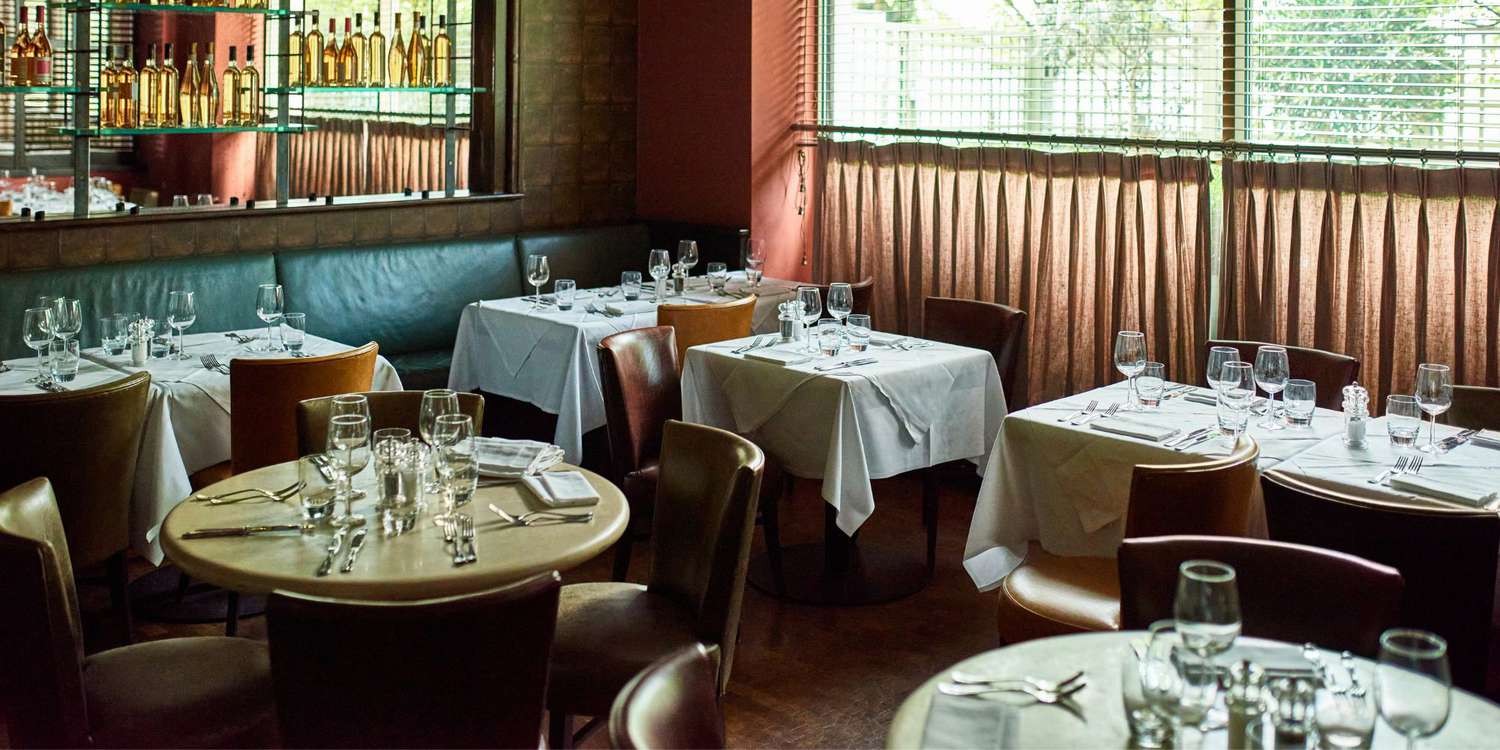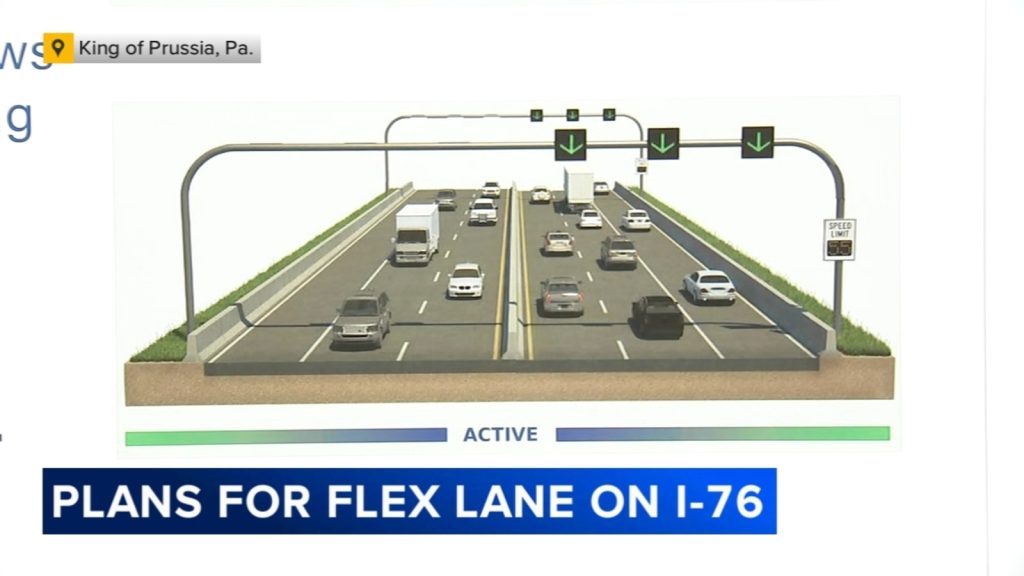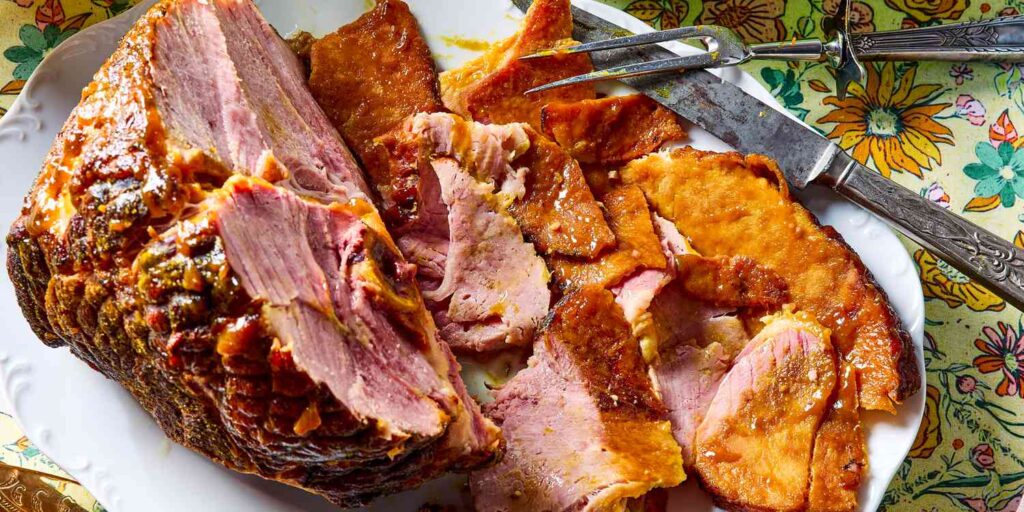Now Reading:
5 Signs You Should Leave a Restaurant, According to Food Critics – Latest Food News Update
-
01
5 Signs You Should Leave a Restaurant, According to Food Critics – Latest Food News Update
5 Signs You Should Leave a Restaurant, According to Food Critics – Latest Food News Update

:max_bytes(150000):strip_icc():format(jpeg)/empty-restaurant-4x3-getty-1296352726-c45a702a2f5f4d5893d67177d0d01b53.jpg)
I am not ashamed to admit that going out to eat is one of my favorite activities. Not to say I don’t enjoy cooking, because I absolutely do, but there’s just something so special about someone else sharing their food with you (and the lack of work and cleanup don’t hurt either). But sometimes restaurant experiences just aren’t worth the bill.
Not all restaurants warrant five-star experiences, and if you’re anything like us, you probably have a favorite mom and pop spot, local dive, or franchise location in your neighborhood. Restaurants don’t have to get tons of attention on social media or impress prominent people to be worthy of patronage—if you hold a restaurant dear, that’s reason enough to go.
As someone who writes about restaurants herself, I consider myself a bit of a food critic, but I talked to a few other food critics as well. Here are five signs that a restaurant isn’t what it’s cracked up to be.
It’s empty.
This one’s pretty simple: No customers during peak dining hours could be considered a red flag. Of course, the restaurant could be new or struggling for various reasons—so it’s important to cut all local businesses some slack.
The staff is argumentative.
Do I believe that the customer is always right? No, because erring is human. However, excuses, sarcastic comments, or arguing staff might indicate you’re not in a professional place—and potentially in a hostile work environment.
“If they mess something up, they should try to make it up to you,” says Candy Hom, an Atlanta-based food critic, tour guide, and chef. “[A celebrity chef’s restaurant] messed up our receipt for six people and split it five ways, [our server] blamed the fact that he usually has tables of five and not six. Even if the food was good, the experience was ruined.”
It’s dirty.
Hygiene is important to cooking and feeding people, and there’s a reason health inspectors make repeated visits and post a restaurant’s scores for customers—improper food safety practices in the kitchen can cause people to get sick and potentially die. A low health inspection grade or gross environment (a dirty bathroom or substandard hand-washing practices, for example) can indicate that a restaurant doesn’t isn’t as concerned as it should be about keeping its employees—or customers—healthy.
Employees aren’t treated well.
Poor customer treatment isn’t the only thing diners should look out for—if a restaurant doesn’t care about its staff, that reflects on the food.
“Yes, anyone can say anything on the world wide web, but if I hear and read about staffers alleging not-great work environments and management issues over and over again from trusted sources and the such, even if it’s not reportable, I take those to heart,” says Nadia Chaudhury, regional editor: northeast at Eater.
It’s full of influencers
There’s nothing wrong with giving your favorite restaurant a shoutout on social media, but restaurant-influencer quid pro quo means their reviews and experiences aren’t genuine.
“When every post or review is from a hosted experience, I can’t trust that,” Hom says. Plus, their lighting equipment ruins non-sponsored customers’ experience.
Did you enjoy the content? Feel free to share your feedback or suggestions in the comments!
Stay Informed With the Latest & Most Important News
Previous Post
Next Post
Previous Post
Next Post
-
 01Top Tips to Stay Motivated and Avoid Burnout While Working Remotely
01Top Tips to Stay Motivated and Avoid Burnout While Working Remotely -
 02How to Pose People Who Are Not Models for Natural and Authentic Portraits
02How to Pose People Who Are Not Models for Natural and Authentic Portraits -
 03New Study Reveals Simple Lifestyle Changes Linked to Longer Life
03New Study Reveals Simple Lifestyle Changes Linked to Longer Life -
 04Foods Recommended by Doctors to Boost Your Immune System Naturally
04Foods Recommended by Doctors to Boost Your Immune System Naturally -
 05Smartphone Hacks Everyone Needs to Know to Extend Battery Life
05Smartphone Hacks Everyone Needs to Know to Extend Battery Life -
 06Global Markets Rebound as Inflation Worries Ease for Investors
06Global Markets Rebound as Inflation Worries Ease for Investors -
 07Travel Experts Predict Top Destinations to Shape 2024 Tourism
07Travel Experts Predict Top Destinations to Shape 2024 Tourism
























